Maternity As a Master
In 2012, Ashoka Fellow Riccarda Zezza returned from her second maternity leave to a senior position in a large European corporation. Zezza observed that in corporate culture it was not unusual for employees to take time away from the office – with work placements, further study and sabbaticals all forming regular parts of the contemporary career path. However, she observed that the regulation of these absences was deeply gendered.
Riccarda saw that her masters degree was legitimised and valued as a career break, however she noted that corporate culture struggled to understand and accommodate her motherhood. It occurred to her that this imbalance was at odds with her experiences, for Riccarda, her maternity leave had also served to provide her with valuable skills. It was in the context of this contradiction that she co-founded the social enterprise “Maternity as a Master” (MaaM) with executive coach and leadership expert Andrea Vitullo.
In Italy, Zezza’s home country, gender inequality in employment is dramatic – whilst women outperform men in the education system they are 19% less likely to be in employment between the ages of 25 and 64. MaaM seeks to tackle the prejudice that many women face in the workplace after their maternity leave ends. In Italy, 91% of men with two children are in full-time work but the statistic drops to 51% for women. This is partly due to the gendered nature of domestic labour, but it is also driven by the perception of motherhood and maternity leave as a disadvantage to employers.
For Riccarda Zezza the corporate approach to motherhood is paradoxical on several levels, she observes that executives are encouraged to train continuously not only in traditional educational institutions, but in a series of time-intensive collateral activities, designed to enhance leadership through developing creativity and ‘soft’ interpersonal skills. Discussing her experiences with other young mothers she realised that over her maternity leave she had developed numerous valuable skills: from time management to prioritisation and delivery of complex demands. Contrary to making her and other young mothers less qualified for senior positions and strategic decisions, maternity leave had engendered the opposite effect.
Studying the effects of parenthood unearthed significant scientific evidence to support Riccarda’s instincts. The brain of an infant’s primary carer, often the mother, changes during the first few months. Cerebral changes can cause an increased autonomy, resilience and determination. In fact, in a survey run in partnership with a corporate coach, Zezza, discovered 87.5% of women self-reported improved relational and organisational skills as a direct result of their maternity leave periods.
In the face of an evident demand Riccarda Zezza developed a two-fold strategy: one aspect was the development of Piano C, a physical space that facilitated working mothers meeting, caring and experimenting with new ideas. The second was to work directly with the corporate world to ensure that the ‘Maternity as a Master’s’ vision was adopted. MaaM U – the first and only digital training programme in the world that aims at transforming the experience of maternity leave in an opportunity for professional growth was developed as tool to support Zezza’s mission in the corporate world. The course is divided into seven chapters working on issues such as empathy, it invites participants to reflect on their experiences and connect with others in similar positions.
The MaaM U platform is already running in several different European companies, from the Poste Italiane (Italian Postal Service) to the Wealth Management division of UBS, based in Zurich. Its success is mirrored by the increasing demand for Piano C. Having spread to 12 cities across Italy, the project is receiving numerous demands for launches in cities across Europe.
At the core of her work Riccarda is hoping to transform the workplace on a systemic level. She is trying to create a workplace that values diversity, in particular the experience of motherhood. As MaaM works towards this goal increasingly Riccarda is becoming an advocate for the experience of parents globally.
In her words: “The reason why I am dedicating my life to proposing and supporting a paradigmatic change of perspective towards the apparent conflict between life and work is that this conflict is anachronistic: counterproductive at an economic level, frustrating and painful at a social and individual level.
I care about the world my generation is creating for our children: I think it’s our responsibility to use at best all the power we have, to give a sense to every aspect and role of our rich lives”.
Riccarda Zezza is an Ashoka Fellow and an Ambassador for the UBS Social Innovators Programme, run in partnership with Ashoka.
This article was first published on Virgin.com on 8th August 2016.


